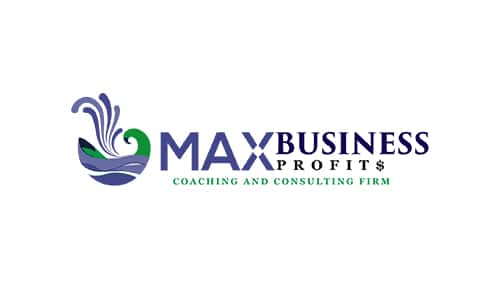Selling your business is not the only way to leave your business. There are other options of which you should be aware. In the list that follows, some other methods exist but are not feasible due to size, profitability etc. After reviewing the list, you’ll see that some exit options are more desirable than others.
Before embarking on the sale of your business, you should understand these six exit options.
Sell your business: Possible buyers include co-owners, family members, friends, individual buyers, a single employee, a management buyout, an Employee Stock Ownership Plan (ESOP), larger corporations (strategic acquisitions), private equity groups (PEGS) or private investment groups (PIGS) (also known as financial buyers), customers, suppliers, and competitors. Basically, outside sale or inside sale.
Gift (Legacy) your business ownership: Possible recipients include family members, friends, employees, or charitable organizations. The tax implications of gifting your business are very complex and may require a considerable amount of time to plan the transition of your business through gifting. If this is your chosen method of exit, start planning many years in advance of your desired exit date.
Liquidate the assets: If your business cannot be sold as a going concern for more than the value of your hard assets, liquidating the sale-able assets through auction is one method of generating funds. However, any sales proceeds must pay off the debts of the business before you can be paid. This is one of the least desirable exit options and is the price many business owners pay for their failure to adequately plan their business exit.
Close up shop: If the business cannot be sold and does not have any assets of real value, and the business does not have other obligations in the form of debts, leases, etc., an owner can just close the business and walk away. Or, if corporate obligations exist, those obligations can be transferred to the owner personally.
Bankruptcy: If the value of the business, whether as a going concern or its asset liquidation value, is significantly less than the company’s obligations, declaring bankruptcy might be an exit option. Bankruptcy laws are complex and you should seek the advice of professional attorneys & CPA’s if you are considering this alternative.
Merger: This occurs when two companies combine their operations into a newly created third entity. This is different than a strategic acquisition whereby a larger business acquires a smaller firm and integrates the smaller company’s operation into the larger company’s operations. A merger may not provide an immediate “cash-out”, but instead provides ownership in the newly created corporation. Although possible, mergers of small businesses are unusual.
Other consideration: Hire a manager for the business and become an “absentee” owner: In this situation you would still own the business; this is really a partial exit option. Obviously, unless you fund the business out of your own savings, the business needs to generate enough cash flow to allow you to hire a qualified manager, enabling you to step away from the business to the extent that you desire.
Although not included in this list, death or illness is an unplanned exit that occurs for far too many owners. About 50% of businesses are sold below their market value. This is a direct result of the four D’s: divorce, departure, disability or death. Selling your business because of the four D’s often results in a sales price below market if there is no plan in place. Also, the owner has not developed a contingency plan to deal with that possibility, the distressed family will often have to settle for the less desirable options to dispose of the business, usually pennies on the dollar at an asset sale.

